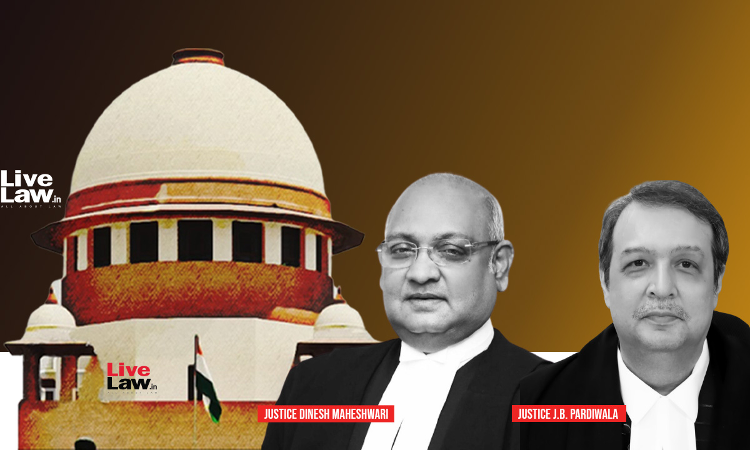Delegated Legislation Which Is Ultra Vires The Parent Act Cannot Be Given Any Effect : Supreme Court
Ashok KM
17 Dec 2022 3:00 PM IST

Next Story
17 Dec 2022 3:00 PM IST
The Supreme Court observed that a delegated legislation which is ultra vires the parent Act cannot be given any effect.It is the function of the courts to keep all authorities within the confines of the law by supplying the doctrine of ultra vires, the bench of Justices Dinesh Maheshwari and J B Pardiwala observed while allowing an appeal filed by the Kerala State Electricity Board against...
